Tips to Prevent RSV in Your Infant at Home
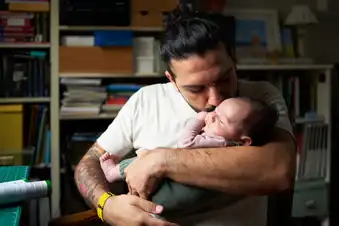
RSV and Your Infant
RSV is short for respiratory syncytial virus. It’s a common respiratory illness that most kids get by the time they turn 2. But infants who get RSV can get very sick, especially if they’re 6 months old or younger. One or two in every 100 infants who get RSV this young may wind up in the hospital. To help put your mind at ease, learn some simple steps you can take to protect your infant from RSV at home.
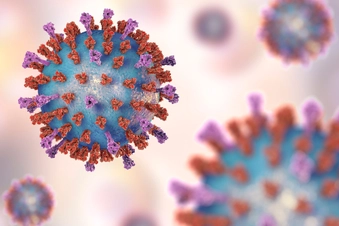
How RSV Spreads
You get RSV from droplets that spread in the air or land on surfaces when a person with RSV coughs or sneezes. The virus can spread quickly at home, especially if it’s crowded. To lower the risks for your baby, don’t host a big get-together or party when RSV is spreading in your area.
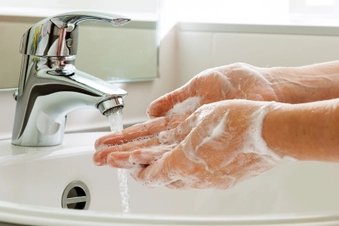
Wash Your Hands
Washing your hands often with soap and water is one of the best ways to keep yourself and your baby well. RSV can live on your hands for 30 minutes if you don’t wash them. Make sure to lather up for at least 20 seconds before you rinse. Ask other people who’ve come for a visit to wash their hands, too. When you can’t use soap and water, a good hand sanitizer with alcohol in it will do.
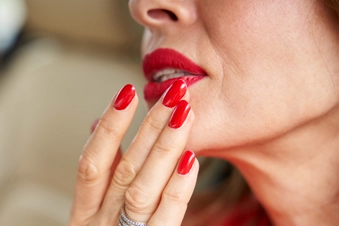
Avoid the Mouth and Nose
You’ll be less likely to get sick if you don’t touch your face – especially your mouth and nose. The same goes for your baby. Ask family or other visitors not to touch or kiss your baby’s face. As tempting as it is with cute babies, they shouldn’t put your infant’s fingers close to their mouths, either. When viruses such as RSV are around, it’s best if visitors to your home don’t get too close.
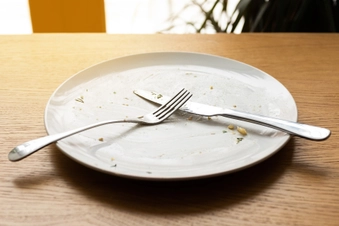
Don’t Share Your Germs
Sharing is a nice idea, but sharing your cups, spoons, forks, or other items is a good way to share germs. Don’t let your baby play with or use these items after someone else has used them. If family or friends who plan to visit your home have any signs of a cold or similar illness, it’s best to hold off altogether. It will be more fun and less risky for everyone if they visit another day when everyone is feeling well.
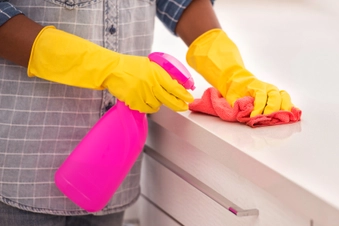
Keep It Clean
Your baby will touch and chew on toys and other things. They’ll also touch many surfaces in your home. RSV can live on surfaces for up to 6 hours. To help keep your infant from catching it, keep objects and surfaces clean – especially those that get touched a lot. This includes your cellphone and keys, or anything else your young baby might like to play with or put in their mouth.
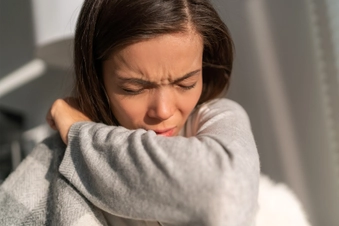
Coughing and Sneezing
When a friend or extended family member has cold-like symptoms, you can ask them to stay home. But what if someone in your own household is coughing or sneezing? Ask them to cover coughs and sneezes with a tissue, elbow, or sleeve. Be sure to throw away any used tissues, so they aren’t around for your baby to find. Make sure they wash their hands even more and limit time around your young infant as much as they can.
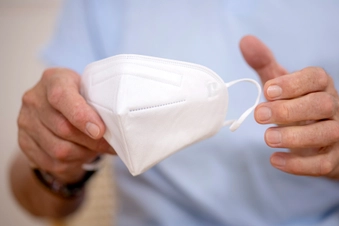
Wear a Mask
RSV often spreads at the same time of year as other respiratory illnesses, including the common cold, flu, and COVID-19. One way to lower the infection risk for your infant from visitors to your home or a sick family member is to encourage them to wear a mask. Disposable masks offer an extra layer of protection to keep those who are more vulnerable – including your young infant – from getting sick.
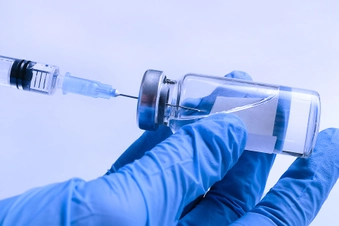
What About a Vaccine?
It’s a good idea to make sure you and others who will spend time with your young infant in your home are up to date on vaccines. While there is a new vaccine for RSV, so far, it’s only recommended for adults at high risk due to age or other conditions. It isn’t approved for anyone under age 60. If grandparents want to help or are spending time with your infant at home, they might think about getting an RSV vaccine.
Now, the FDA has approved a shot to prevent RSV in newborns and babies entering their first RSV season. The drug, Beyfortus (nirsevimab-alip), can also be used in children up to age 2, if they’re at high risk for serious RSV.
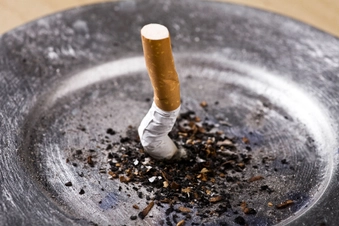
Don’t Smoke
You shouldn’t smoke around young children in your home for lots of reasons. Among them is that secondhand smoke can make an RSV infection worse. So while you’re working hard to protect your child from getting RSV, making sure they aren’t exposed to cigarette smoke can help to keep them from having a more serious infection if they do get sick.
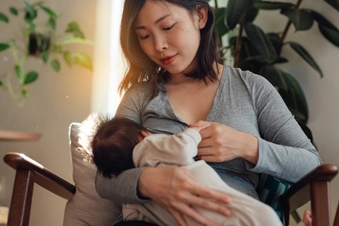
Breastfeeding Helps
Breastfeeding your infant is another great way to protect them against infection with RSV. A review of many studies found that breastfed infants ended up in the hospital with lung and breathing problems from an RSV infection less often than infants who were not breastfed. Breastfeeding for 4 to 6 months also led to fewer unexpected trips to the doctor’s office or emergency room.
Show Sources
IMAGES PROVIDED BY:
1) Moment / Getty Images
2) Science Photo Library / Getty Images
3) iStock / Getty Images
4) Westend61 / Getty Images
5) Moment / Getty Images
6) iStock / Getty Images
7) iStock / Getty Images
8) DigitalVision / Getty Images
9) Moment / Getty Images
10) iStock / Getty Images
11) Moment / Getty Image
SOURCES:
CDC: “RSV in Infants and Young Children,” “RSV Prevention,” “Vaccines for Family and Caregivers,” “CDC Recommends RSV Vaccine For Older Adults.”
Massachusetts General Hospital: “Tips to Prevent RSV.”
healthychildren.org: “RSV: When It's More Than Just a Cold.”
Yale School of Public Health: “From flu to RSV, masks offer everyday protection from respiratory illnesses.”
Tallahassee Memorial Healthcare: “Your Child and RSV: Advice from a Pediatrician.”
Pediatrics: “Impact of Breastfeeding on the Incidence and Severity of RSV Bronchiolitis in Infants: Systematic Review.”
FDA: “FDA Approves New Drug to Prevent RSV in Babies and Toddlers.”